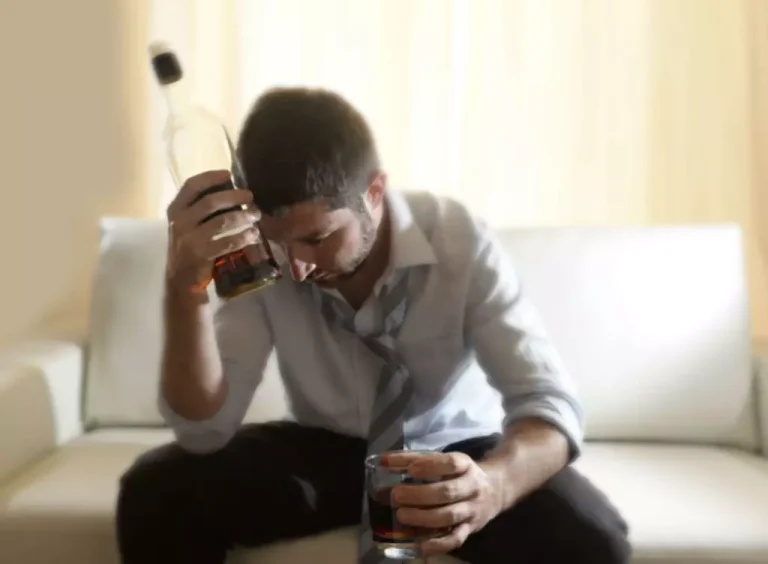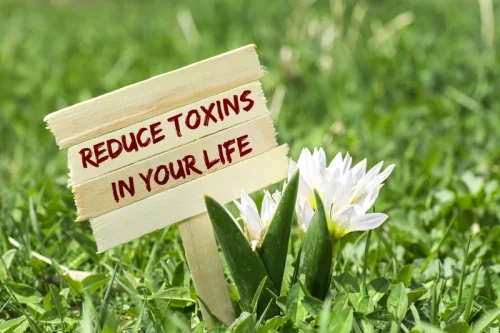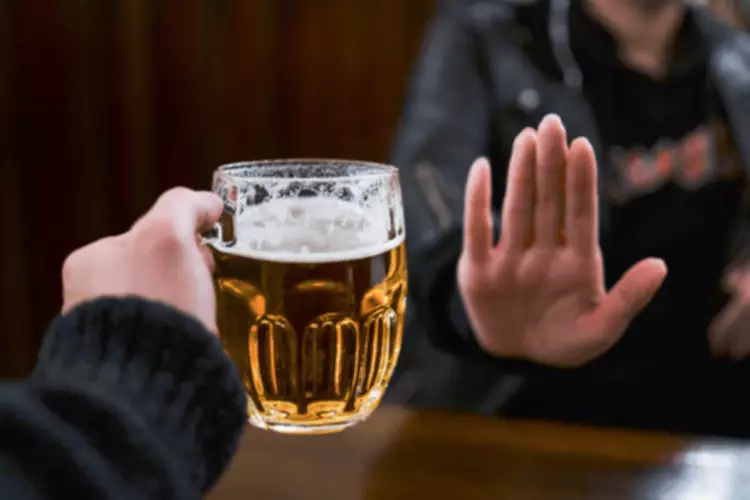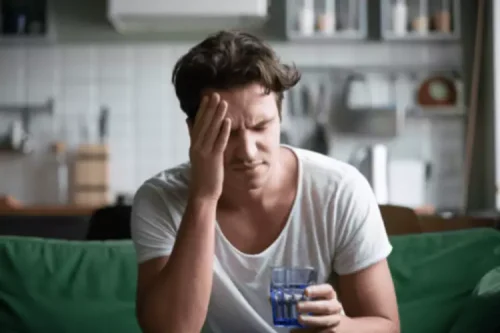
If there’s no underlying physical cause, your provider may make a diagnosis according to your symptoms and risk factors. People assigned female at birth (AFAB) are two times more likely to have panic disorder than people assigned male at birth (AMAB). Every year, up to 11% of people in the United States experience a panic attack. Anxiety often causes physical symptoms, such as a racing heart or knots in your stomach. But these symptoms are generally less intense and last longer than a panic attack, which has very intense but brief symptoms.
- Learn more about NIMH’s commitment to accelerating the pace of scientific progress and transforming mental health care.
- When you have low blood sugar it can trigger anxiety in some people too.
- While for some people the occasional drink is not harmful, others find that a single sip of alcohol is enough to significantly worsen their anxiety.
Alcohol & Anxiety: What To Know and Getting Relief
An alcohol allergy involves an immune system overreaction to alcohol, which can cause widespread and sometimes life threatening symptoms. Anyone who experiences severe allergy symptoms after consuming alcohol needs to seek emergency care. If you experience any of these symptoms after consuming alcohol, seek immediate medical care.
What is panic disorder?

Generalized anxiety disorder and alcohol use disorder are medical conditions with FDA-approved medication options. At Monument, physicians can prescribe naltrexone or antabuse to support your sobriety if safe and appropriate for you. You can learn more about naltrexone vs antabuse, and connect with a physician to discuss your specific needs.

Cardiac Conditions
If someone suffers from alcohol use disorder (also known as alcoholism or alcohol dependence), quitting alcohol must be a priority. Alcohol can cause several long term health issues, in addition to some of the personal challenges that come from the disorder. Please review the linked description of alcohol use disorder, and if you need help, review this link for treatments and resources.
Anxiety is one of the most common underlying factors that contribute to unhealthy drinking patterns. However, once the initial effects of alcohol wear off, anxiety can spike again and with more https://ecosoberhouse.com/ intensity. Many people continue to drink in an effort to avoid this, creating an unhealthy cycle. Research has found that anxiety disorders and alcohol use disorders often occur together.
This type of anxiety should be controlled with proper coping tips and recommendations from your doctor. That’s why when you stop drinking, it’s not uncommon to experience a range of terrible symptoms, including anxiety. It’s even more common to find that after you’ve stopped drinking, anxiety makes you want to go back to alcohol. Common symptoms of alcohol intolerance include skin flushing, nasal congestion, and headaches.
While dopamine increases immediately after drinking alcohol and temporarily makes you feel good, when the inebriation has faded, whatever symptoms that were being avoided rebound. As alcohol can alcohol cause panic attacks is a sedative and depressant, it can relieve feelings of fear and anxiety in the moment. But after the alcohol wears off, you can start to feel your anxiety come back even stronger.

Try drinking water or a club soda with lime between each cocktail to avoid dehydration and reduce mindless alcohol consumption. Remember to show kindness to yourself if you feel embarrassment, guilt, regret, or shame after a night of drinking. Research has shown that self-compassion can reduce anxiety and depression symptoms.

About 20 percent of people with social anxiety disorder also suffer from alcohol dependence. If you are concerned that you are experiencing panic attacks as a result of your alcohol consumption, it is recommended that you cut down or completely stop drinking. Some individuals may benefit from treatments such as medication or counseling.
